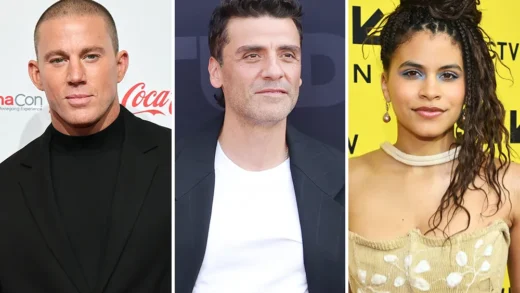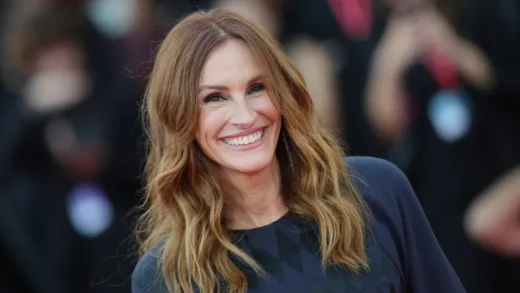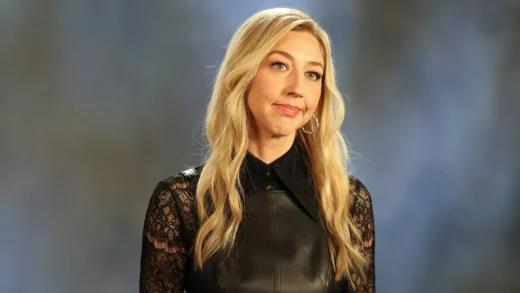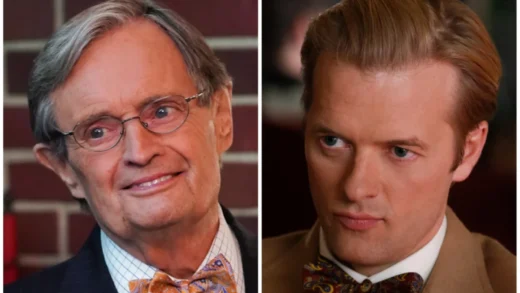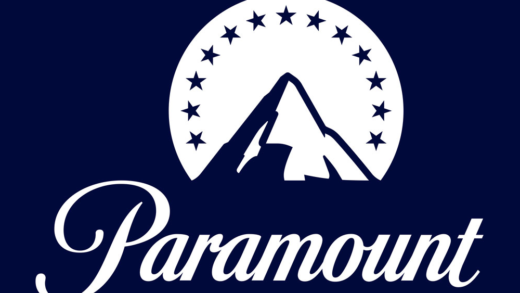President Donald Trump said he signed an executive order to “defend free speech” from social-media companies by limiting their legal protections from liability — an action he took two days after Twitter applied fact-checking labels to two of his inaccurate tweets about mail-in ballots.
The White House announced Trump’s order seeking to limit legal protections of social-media companies on Twitter, Facebook and Instagram. The text of the order was subsequently made available at this link.
According to Trump, the executive order calls for new regulations under Section 230 of the 1996 Communications Decency Act that would remove the legal liability shield for social networks that “engage in censoring or any political conduct.” The law, as it currently stands, lets companies like Facebook, YouTube and Twitter moderate content on their services as they see fit, while protecting them from lawsuits over content shared on them.
“We’re here today to defend free speech from one of the gravest dangers it has faced in American history, frankly,” Trump said in announcing the executive order, according to video released by the White House.
Despite Trump’s posturing, legal experts say any attempts to alter Section 230 of the law would be met with a court challenge and that his executive order is likely unconstitutional.
“It’s political theater. It mischaracterizes the law and exceeds executive authority,” Jonathan Peters, a media law professor at the University of Georgia’s Grady College of Journalism and Mass Communication and an affiliate assistant professor with UGA’s School of Law, said in a Twitter post.
Trump’s order is “plainly illegal,” Sen. Ron Wyden (D-Ore.), who coauthored Section 230 of the CDA, said in a statement.
“After driving our country into an economic and health care disaster, Trump is desperately trying to steal for himself the power of the courts and Congress to rewrite decades of settled law around Section 230. All for the ability to spread unfiltered lies,” Wyden’s statement said in part. “Donald Trump’s misinformation campaigns have left death and destruction in their wake. He’s clearly targeting Section 230 because it protects private businesses’ right not to have to play host to his lies.”
Trump, in signing the order, complained that companies “like Twitter enjoy an unprecedented liability shield based on the theory that they are a neutral platform, which they are not.” His executive order also directs the administration to withhold “taxpayer dollars” from social media companies that “repress free speech.”
It is not clear whether the U.S. president understands that private companies like Twitter and Facebook are not subject to regulation under the Constitution’s First Amendment free-speech protections.
On Wednesday, the D.C. Court of Appeals ruled in favor of Google, Facebook, Twitter and Apple in a lawsuit filed by right-wing activists alleging the tech giants suppressed “politically conservative voices.” The court tossed the suit, ruling that the First Amendment applies only to government entities and not private companies.
“Much as he might wish otherwise, Donald Trump is not the president of Twitter,” ACLU senior legislative counsel Kate Ruane said in a statement. She called the order “a blatant and unconstitutional threat to punish social media companies that displease the president.”
Trump’s executive order directs the FCC to “expeditiously propose regulations” to, among other things, “clarify and determine the circumstances under which a provider of an interactive computer service that restricts access to content in a manner not specifically protected… may also not be able to claim protection” under Section 230.
“Even if the FCC issued the rules Trump wants, enforcing them would be unconstitutional,” Ashkhen Kazaryan, director of civil liberties at TechFreedom, a nonpartisan think tank. She called Trump’s order a “hodgepodge of outdated and inapplicable precedents combined with flagrant misinterpretations of both the First Amendment and Section 230,” noting that the Supreme Court has rejected the argument that Twitter and Facebook are “the functional equivalent” of a traditional public forum.
In announcing the executive order, the president said about social media companies, “They’ve had unchecked power to censor, restrict, edit, shape, hide, alter virtually any form of communication between private citizens or large public audiences.” Trump also said, “A small handful of powerful social-media monopolies controls a vast portion of all public and private communications in the United States. And we know what they are… We’re gonna give you a complete listing.” The text of the executive order names Twitter, Facebook, Instagram and Google’s YouTube.
After Twitter labeled Trump’s tweets as misleading on May 26 — and directed users to a fact-checking page debunking his lies about mail-in ballots — the president’s supporters and a top White House aide launched targeted attacks on an individual Twitter employee who has posted anti-conservative tweets.
(Excerpt) Read more in: Variety
